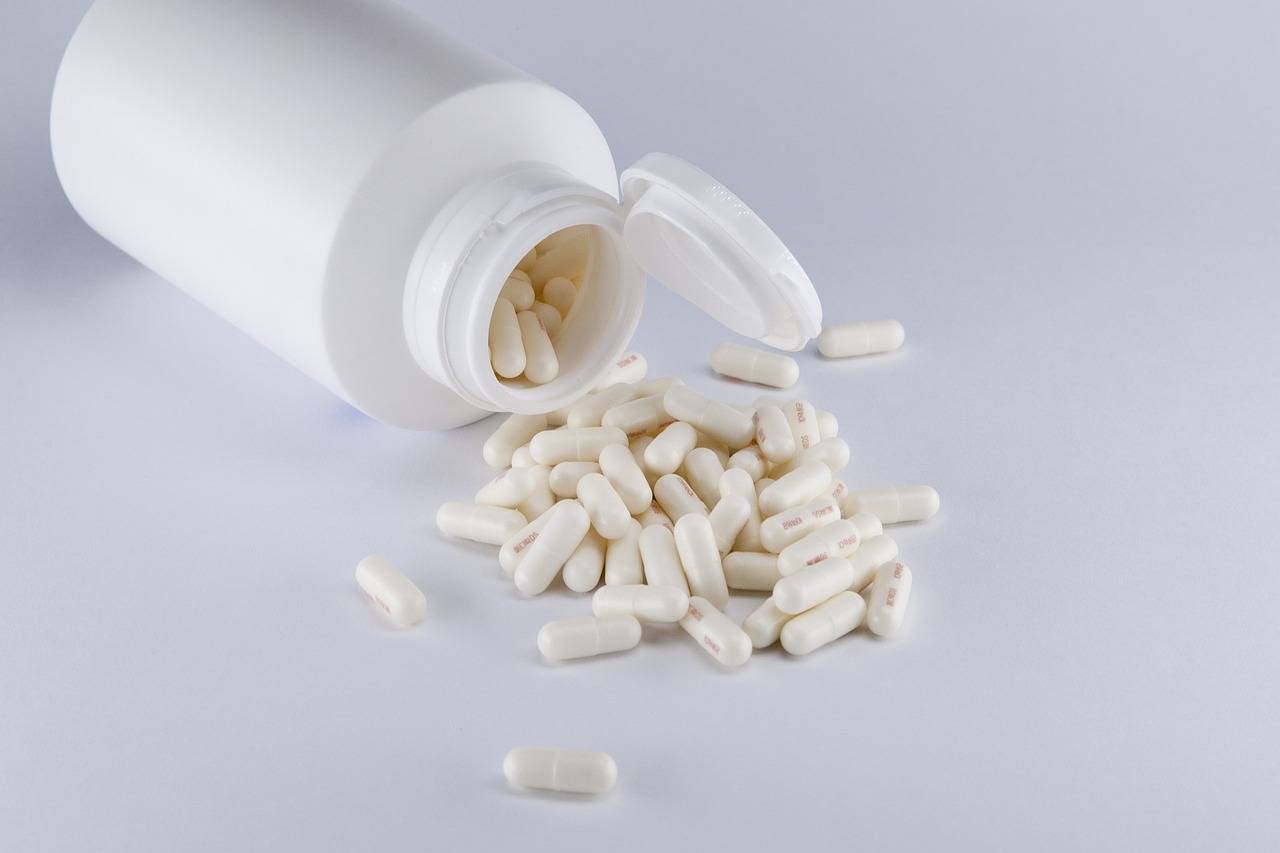The Importance of Regular Oral Health Education
diamond exchange, sky99exch com login, www.reddy book.club login:Regular oral health education is critical for maintaining good oral hygiene and preventing dental issues in the long run. Many people underestimate the importance of proper oral care and often neglect their teeth and gums, leading to various dental problems. By educating individuals about the significance of oral health and teaching them how to properly care for their mouths, we can help them achieve healthier smiles and overall well-being.
The Importance of Oral Health Education
1. Preventing Cavities and Gum Disease
Regular oral health education can help individuals understand the importance of brushing and flossing daily. By teaching them how to properly clean their teeth and gums, we can prevent the buildup of plaque and bacteria that can lead to cavities and gum disease. Educating people about the consequences of poor oral hygiene can motivate them to take better care of their mouths and avoid painful and costly dental issues in the future.
2. Promoting Overall Health
Many people are unaware of the connection between oral health and overall health. Research has shown that poor oral hygiene can lead to various systemic health problems, including heart disease, diabetes, and respiratory infections. By educating individuals about this link, we can encourage them to prioritize their oral health and take steps to improve it. Regular oral health education can help prevent not only dental problems but also more serious health issues down the line.
3. Empowering Individuals to Take Control
When people are educated about oral health, they are more likely to take responsibility for their own dental care. By providing them with the knowledge and tools they need to maintain good oral hygiene, we can empower them to make informed decisions about their dental health. This sense of control can boost their confidence and motivation to prioritize oral care and seek regular dental check-ups.
4. Enhancing Quality of Life
Poor oral health can have a significant impact on a person’s quality of life. Dental pain, missing teeth, and gum infections can make it difficult to eat, speak, and smile comfortably. By educating individuals about the importance of oral hygiene and preventive care, we can help them avoid these problems and enjoy a higher quality of life. Regular oral health education can also instill good habits that promote lifelong oral health and overall well-being.
5. Saving Money on Dental Costs
Preventive dental care is much more cost-effective than treating advanced dental problems. By educating individuals about the importance of regular dental check-ups and cleanings, we can help them avoid expensive treatments for cavities, gum disease, and other issues. Investing in oral health education can ultimately save people money on dental costs and alleviate financial stress related to dental care.
6. Fostering a Positive Attitude Toward Oral Health
Many people view dental care as a chore or a source of anxiety. By providing regular oral health education, we can help change this negative perception and foster a positive attitude toward oral health. Encouraging individuals to see dental care as an essential part of their overall health and well-being can motivate them to prioritize their oral hygiene and seek professional dental care when needed.
FAQs
Q: How often should I visit the dentist for a check-up?
A: It is recommended to visit the dentist for a check-up and cleaning every six months. However, your dentist may recommend more frequent visits based on your individual needs.
Q: What are some signs of poor oral health?
A: Signs of poor oral health may include bad breath, swollen or bleeding gums, tooth sensitivity, and tooth pain. If you experience any of these symptoms, it is important to see your dentist for an evaluation.
Q: How can I improve my oral hygiene routine?
A: To improve your oral hygiene routine, make sure to brush your teeth twice a day, floss daily, and use mouthwash regularly. It is also important to eat a balanced diet and avoid sugary and acidic foods and drinks.
Q: Does insurance cover dental cleanings and check-ups?
A: Many dental insurance plans cover preventive services like cleanings and check-ups. Check with your insurance provider to see what services are covered under your plan.
Q: Are there any resources available for learning more about oral health?
A: Yes, there are many resources available for learning more about oral health, including websites, brochures, and educational materials provided by dental professionals. You can also ask your dentist for recommendations on where to find reliable information about oral health.
In conclusion, regular oral health education is essential for promoting good oral hygiene, preventing dental problems, and improving overall health and quality of life. By teaching individuals how to care for their mouths and emphasizing the importance of preventive care, we can empower them to take control of their oral health and enjoy healthier smiles for years to come.







